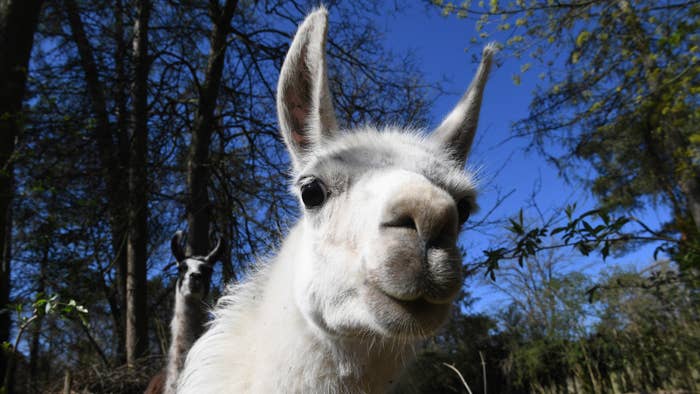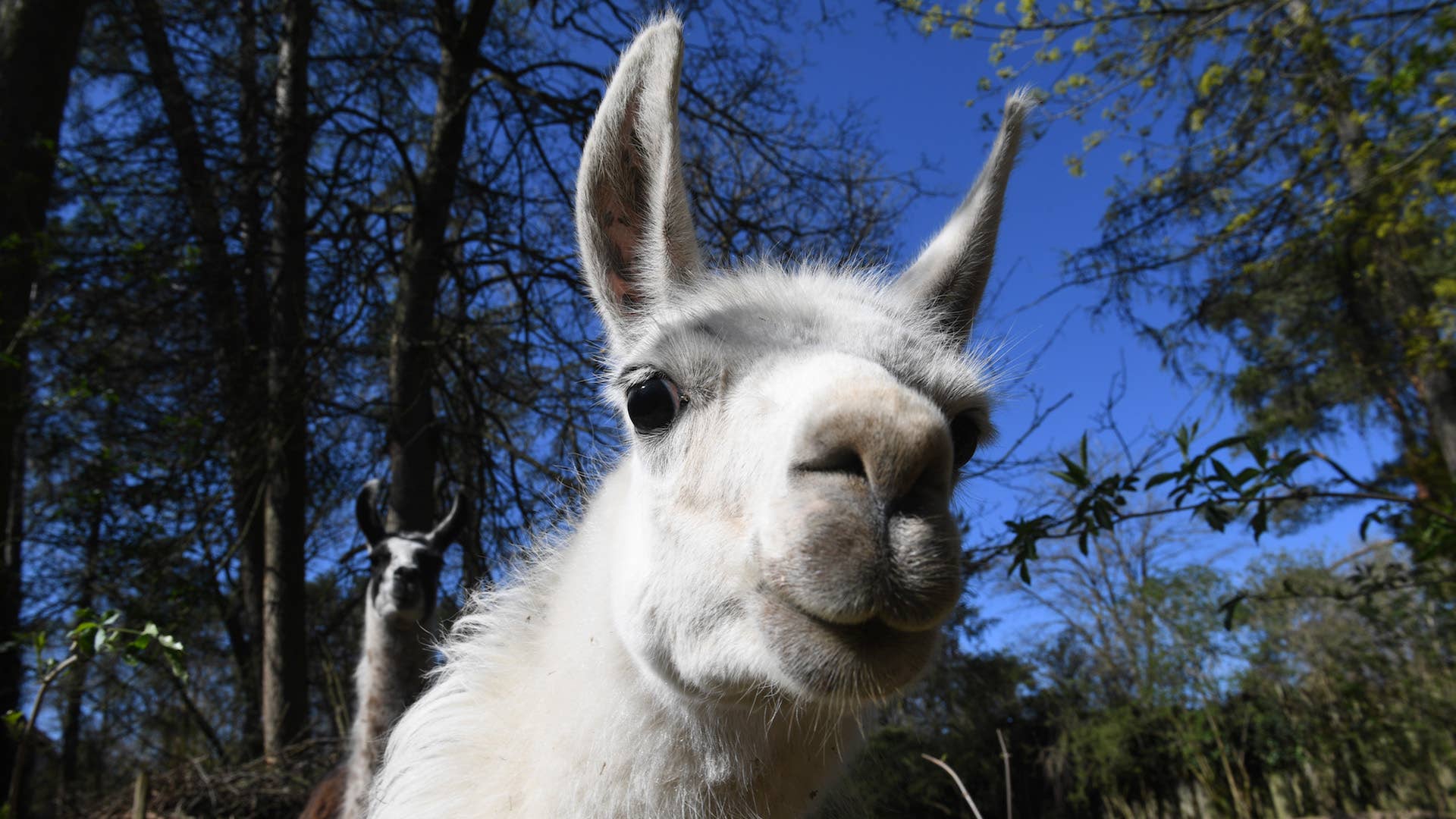
In their pursuit of a treatment for coronavirus, scientists in Belgium are turning to a four-year-old llama named Winter, the New York Timesreports.
Researchers for VIB-UGent Center for Medical Biotechnology and the University of Texas at Austin have discovered that Winter, along with 130 other llamas on the farm produce a certain antibody that appears to effectively neutralize the coronavirus.
Their findings are detailed in the journal Cell where they explain that these same llamas had previously undergone studies to determine their response to the 2012 MERS virus, and the 2003 SARS virus. Their tests discovered that llamas produce two antibodies that fought separately against MERS and SARS.
Their study was nearing its end when the coronavirus pandemic occurred, so they started up again because researchers suspected the same antibodies that neutralized SARS could also work against COVID-19, or SARS-CoV-2, since the two viruses bear a close resemblance.
Llamas like Winter are able to produce a diminutive antibody, much smaller in comparison to humans, that is capable of covering the tinier pockets and crevices on the spike proteins of the coronavirus. It’s these areas that human antibodies cannot cover which end up breaking into the cells of a host, and lead to infection.
This latest study is still “at least several months away,” as further testing will need to go into determining how safe it is to inject a llama’s antibodies into humans. Researchers believe that the best-case scenario for this antibody would be immediate protection against contracting COVID-19, even though the effects would only last about a month or two.

